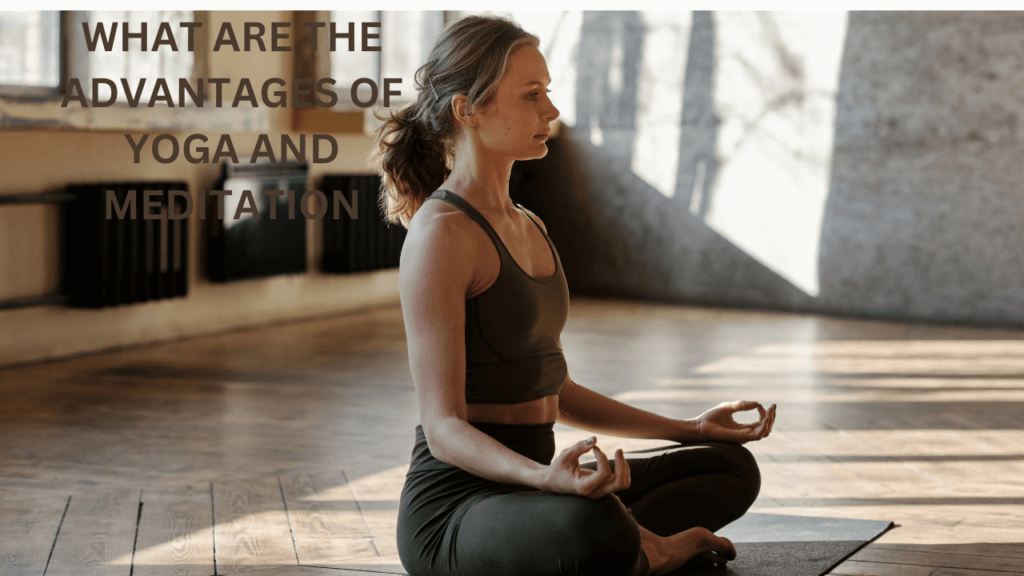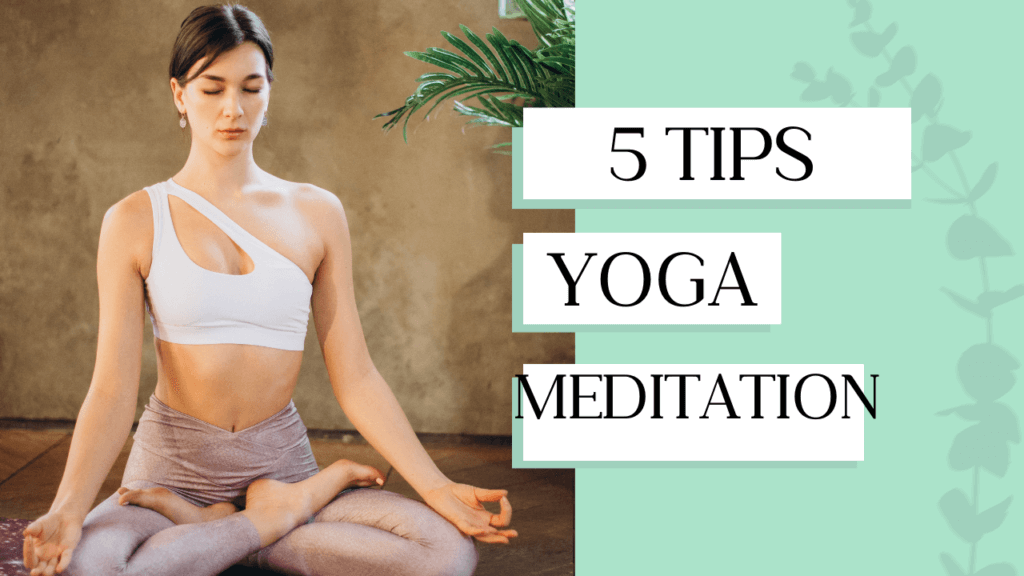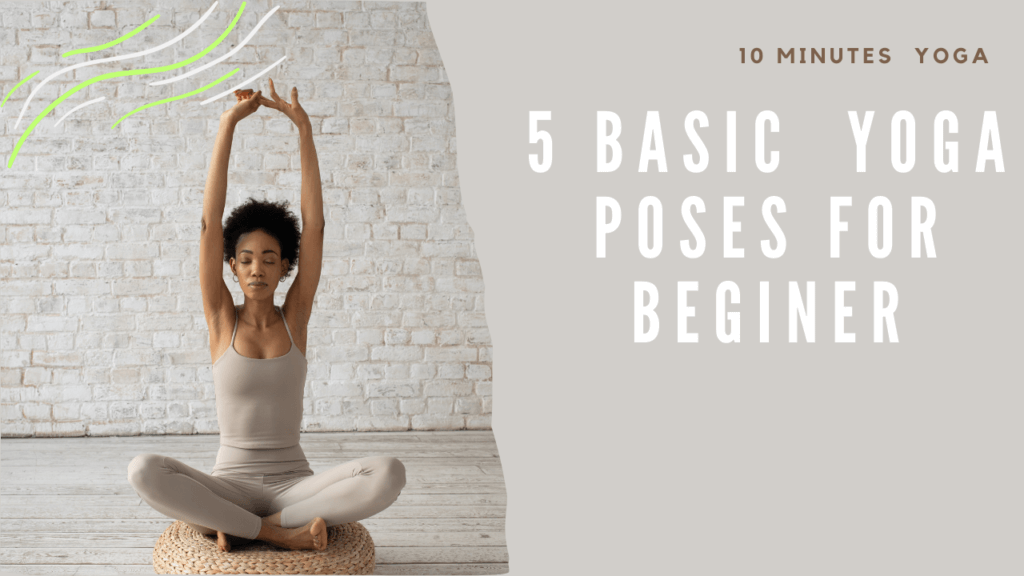Introduction:
Basically a very subtle science, the spiritual discipline focuses on the body and mind. It is an art to live a healthy life. yoga word is derived from the Sanskrit word yuj which means to join together. Incorporating meditation and breathing into yoga helps improve mental health. Practicing yoga regularly helps in creating mental peace.
Who is the father of yoga?
Tirumalai Krishnacharya was an Indian yoga teacher and Ayurvedic healing scholar. He is said to be the most important guru of the modern age. He is also called the father of yoga.
Tirumalai Krishnacharya holds degrees in all six Vedic darshans. Yoga done in the sense of linking breath to breath is called Vini Yoga or Vinyasa Krama Yoga.
He has written four books on yoga. Yoga Makaranda(1934), Yogasanagalu (1941), Yoga Rahasya, Yoga Valli (Chapter One 1988). Essays and poetry are also given.
What is the complete form of yoga?
The complete form of YOGA is “Y our Objectives Guidelines and Assessment. Yoga is a religious and spiritual tradition.
What is the real name of yoga?
Yoga word is derived from the Sanskrit word yuj which means to join together.
The word yoga is derived from the English word “yoke”.
What are the 10 advantages of yoga?
Improve flexibility
Practicing yoga daily helps to touch the toes as you bend forward. Yoga builds flexibility in your body.
Reduce stress
Yoga is known as a complementary approach to stress and anxiety. Daily yoga practice helps increase endorphins and gamma-aminobutyric acid in the brain. It is a neurotransmitter that helps promote a sense of well-being.
Increase strength
Having strong muscles reduces the pain of injuries and also the pain of arthritis. Helps reduce back pain.
You can gain strength at the expense of flexibility by going to the gym and lifting weights, but when you build strength through yoga, you also balance flexibility.
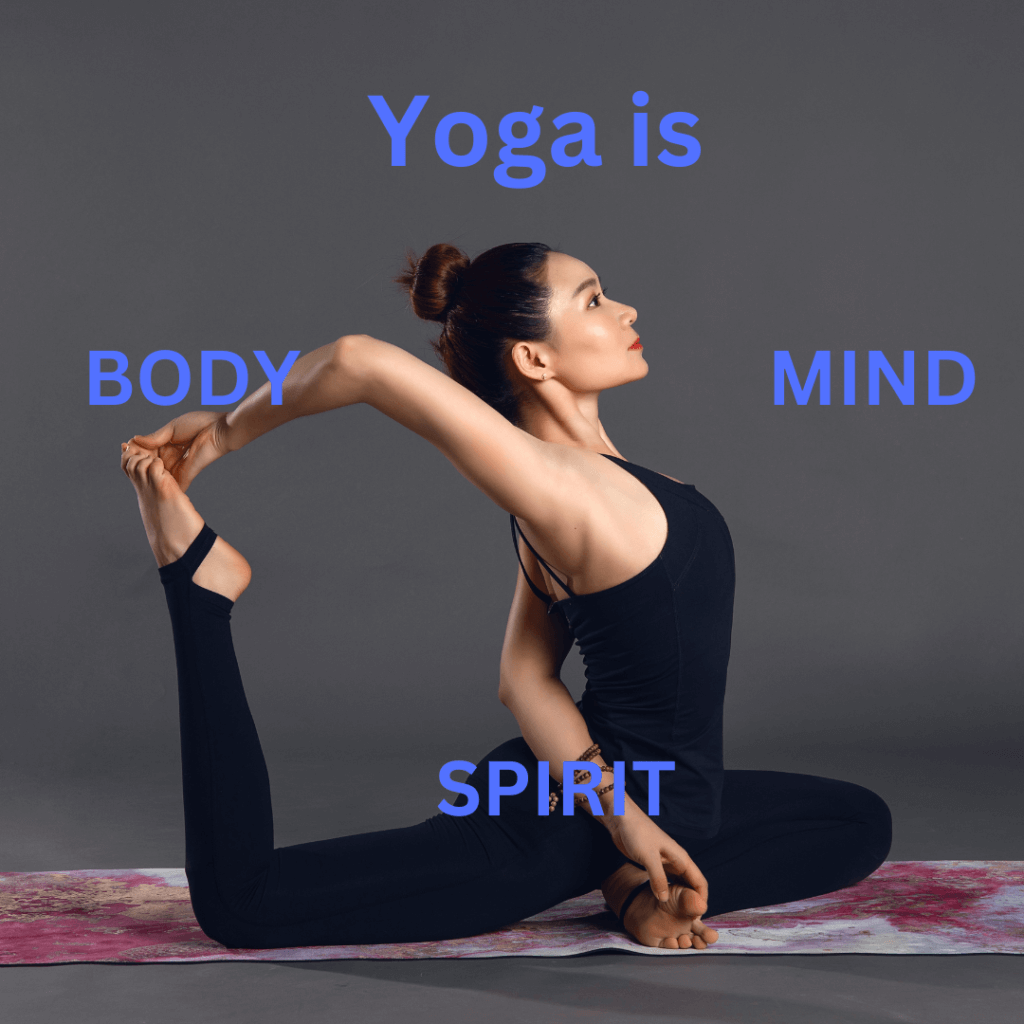
Reduce anxiety
Tense muscles and poor posture are a cause of anxiety. If you’ve been stuck in anxiety for a long time, you’ve learned to protect yourself by physically shutting down tensely and taking very short and forceful breaths.
Mind and body are so closely connected. That physically taking deep breaths and relaxing muscles in a safe place can all help reduce anxiety.
Reduce depression
Regularly doing breathing exercises and yoga meditation helps to focus on well-being and stress tolerance. Helps reduce depression anxiety and stress.
Improve quality of life
Promoting addiction recovery and treatment. Improves sleep function by reducing stress, anxiety, pain and depression. Helps improve overall health and quality of life.
Yoga helps in feeling relaxed and boosts confidence.
Yoga boost immunity
stress has a negative effect on the immune system. When your immune system is weak, you are more likely to get sick. Hence, yoga is scientifically considered as a means of reducing stress.
Some studies have found a link between the practice of yoga and better immune system function.
Improve sleep Quality
Regular yoga practice leads to better sleep, reduces your fatigue and stress, thus reducing the incidence of accidents.
One of the main benefits of sleep yoga is that the practitioner experiences it at their own skill level.
Help brain function
Many studies have shown that yoga can stimulate brain function and increase energy levels.
According to a 2017 study, Hatta yoga improved brain function and people’s mood
A 2012 study found that a single yoga session improved memory speed and accuracy over a session of aerobic exercise.
Back pain
Each yoga pose is ten to sixty seconds long and includes relaxation and muscle tension. It helps in reducing muscle tension.
During each asana, some muscles are flexed while others are stretched. This asana helps to relax and increase the flexibility of the back muscles.
Each yoga asana targets specific muscles and individual muscles. There are many asanas that target the abdominal and back muscles.
This involves holding poses and different movement patterns throughout the session.
What are 10 advantages of meditation?
Lowers stress
All common reasons why people use meditation is to reduce stress. Regular practice of meditation helps reduce stress and improves quality of life.
Unmanaged stress caused by mental and physical causes can lead to physical harm. Because it is associated with the release of many inflammatory chemicals called cytokines.
This can lead to high blood pressure, anxiety, depression, loss of concentration and fatigue.
Reduces anxiety
Meditation can help a person cope with anxiety and respond positively to it. Be it for a specific reason or not. Practice meditation daily to get rid of anxiety.
Enhances mental health
Some form of meditation builds confidence and creates a positive outlook. Meditation helps reduce depression and negative attitudes.
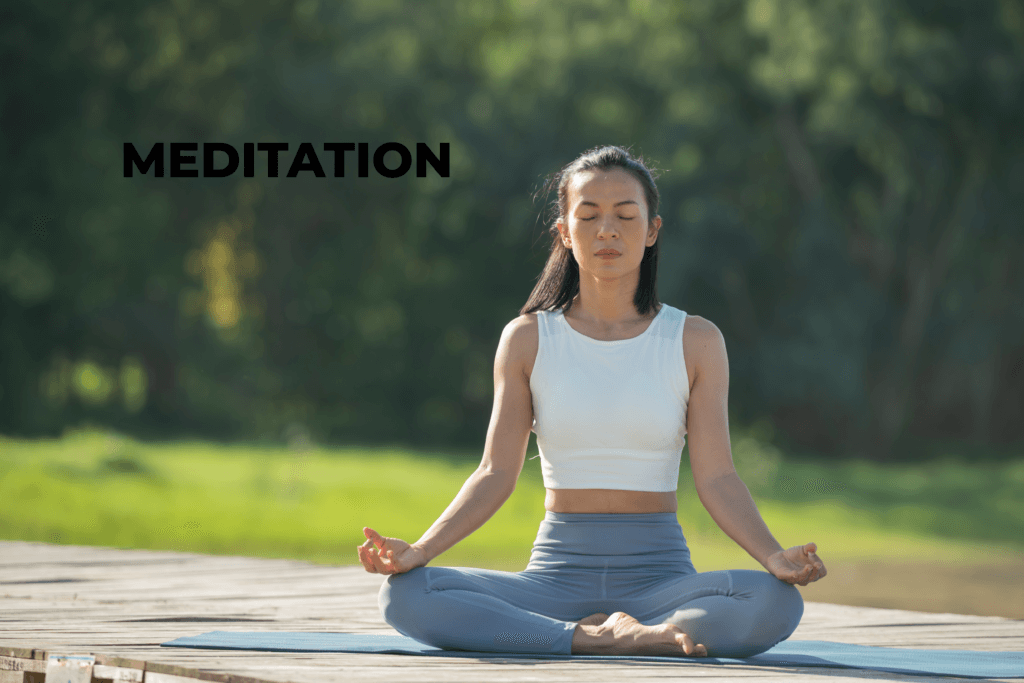
Improve self-awareness
Meditation is used for self-awareness. Regular meditation helps in developing one’s understanding. Meditation at the end of the day relieves feelings of loneliness.
Increases concentration and attention span
Meditation helps in concentration and also regular meditation helps in doing any task with complete concentration. Fifteen minutes of meditation a day for ten weeks can help focus on any task and improve memory.
Reduce memory loss
Some research has shown that meditation causes age-related memory loss. But performance on neuropsychological tests improved in individuals who meditated.
Generates empathy and kindness
generaly, meditators have a sense of compassion and kindness towards others. These individuals give positive emotions to others and move forward in life.
Improves sleep hygiene
Regular meditation improves sleep and gives you a restful sleep. Also meditation works to relax the body and helps to relax the muscles.
Lower pain
A research shows that meditation lowers the pain threshold can increase or decrease the perception of pain in the brain. It improves the quality of life and improves your mood.
Lower blood pressure
Regular meditation helps lower blood pressure and reduces stress on the heart. Regular meditation lowers blood pressure and reduces the need for medication. By lowering blood pressure, you can also reduce the risk of heart attacks.
conclusion
Regular meditation helps lower blood pressure and reduces stress on the heart. Regular meditation lowers blood pressure and reduces the need for medication. By lowering blood pressure, you can also reduce the risk of heart attacks.

